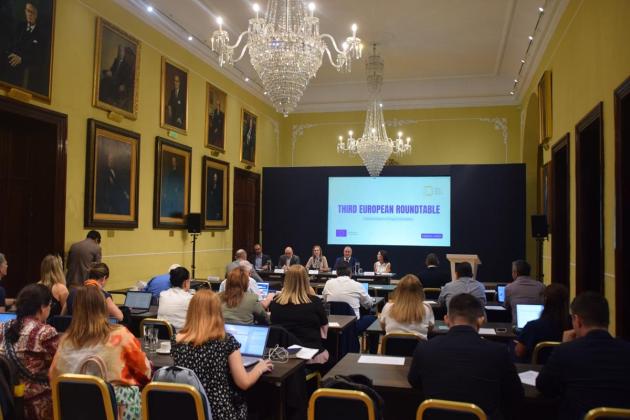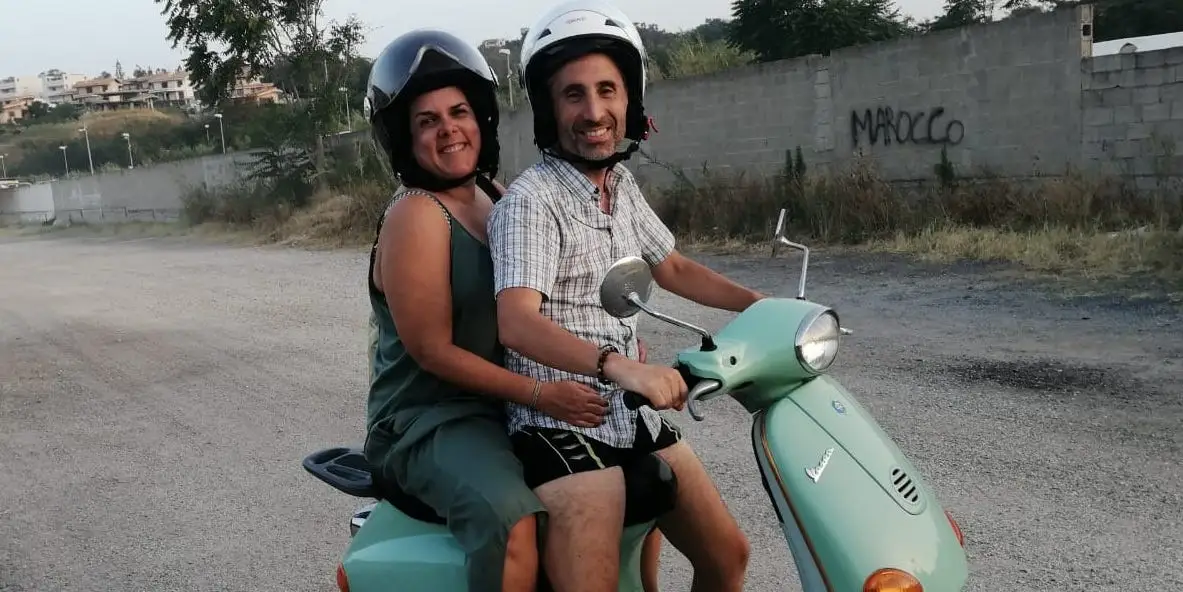By Times of Malta
Copyright timesofmalta

The Malta Chamber of Commerce, Enterprise and Industry hosted representatives from seven European countries for the third European Roundtable under the TransFormWork 2 project. In collaboration with the General Workers Union (GWU) and Malta Business Bureau (MBB), the event explored the opportunities and challenges posed by Artificial Intelligence (AI) across the workplace. Jack Mizzi, deputy chairperson of the Malta Chamber’s Tech Businesses Section, stressed the urgency of Malta’s digital transformation. “Moving from policy to action is challenging, but The Malta Chamber promotes responsible, human-centred adoption of technology and AI,” Mizzi stated. He highlighted the essential role of partnerships among social partners, policymakers, businesses, and educators to realize the economic and social benefits of digital and AI advances. GWU Secretary General Josef Bugeja warned that while AI offers innovation and growth, it presents critical issues for workers’ rights, job security, and skills. “Our mission in TransFormWork 2 is to ensure this transition is fair, inclusive, and people-focused. Technology must be human-centric—AI should boost human work and dignity, not undermine it or worsen inequality,” Bugeja said. He called for active management and collaboration to prevent job displacement and erosion of rights. MBB’s Head of Project and Sustainability, Gabriel Cassar, underlined the need for AI to support rather than supplant human decision-making. “EU policy must balance innovation with appropriate guidance, enabling businesses to use AI responsibly, build trust, and improve competitiveness,” Cassar commented. Discussions featured data and insights from local and international experts. Parliamentary Ombudsman Joseph Zammit McKeon, emphasised that AI must remain subject to human rights principles, referencing Article 8 of the European Convention on Human Rights regarding privacy and data protection. Zammit McKeon highlighted the importance of ensuring AI systems comply with standards protecting individuals’ privacy and preventing bias and discrimination. International perspectives came from Kontaro Ishi, former IMF Mission Chief for Malta, and IMF Senior Economist Thomas Pihl Gade, who estimated that two-thirds of jobs in Malta could be affected by AI, with one-third at risk. They urged ongoing upskilling, reskilling, and education reforms to promote labour mobility in the digital era. Xabier Irastorza, representing EU-OSHA, pointed to increasing adoption of digital technologies across Europe, though uptake varies by country, sector, and technology type. The ESENER survey illustrates both positive and negative impacts of these technologies on occupational health and safety. EuroFound’s Sara Riso discussed AI’s transformative influence on the digital workplace throughout Europe. A range of experts contributed further perspectives, including Kenneth Brincat (MDIA CEO), Dr Matthew Brincat (Ganado Associates), Prof. Alexiei Dingli, Dr Conrad Attard (Faculty of ICT), and Dr Patrick Massa (WHPartners). The event also featured video addresses from Isabelle Schömann (ETUC) and Isaline Ossieur (BusinessEurope). The roundtable, which convened social partners to consider both the risks of job displacement and the prospects for new opportunities arising from AI, underscores the importance of coordinated, cross-sector dialogue. Malta’s experience should inspire similar discussions across Europe, driving proactive approaches to harnessing AI for inclusive growth and wellbeing.



